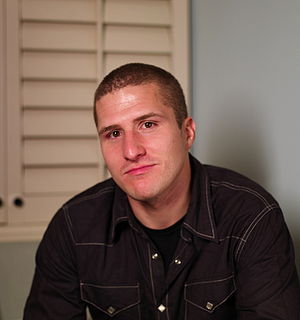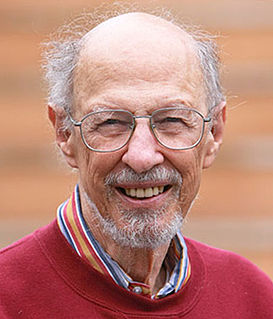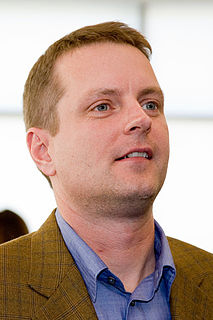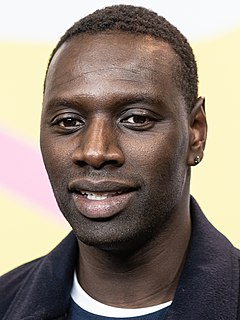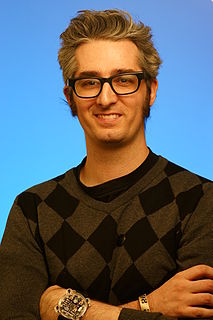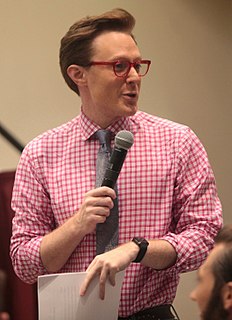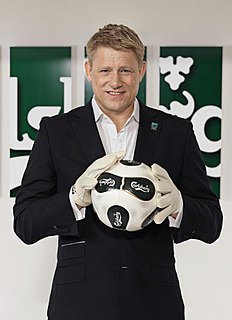A Quote by Shawn Fanning
I think the most difficult thing had been scaling the infrastructure. Trying to support the response we had received from our users and the number of people that were interested in using the software.
Related Quotes
You've probably heard about the theory of steam-engine time - that even after the steam engine had been invented, it had to wait until people were ready to make use of it. The same thing happens in literary circles. The truth is, I'm not terribly interested in Victorian times; I'm interested in Victorian writers. I'm interested in most eras of history, but not the Victorian Era especially. I was interested in the John Franklin Expedition. I was interested in these last five weird years of Dickens' life. And I just have to take the age that comes with all that when I write about it.
I think the most difficult thing that has had to happen in South Africa for the previously disadvantaged communities is they had to reconcile that the oppressor has been enriched and the establishment is now making five or 10 times more profit than they were during the time the economic embargo was on them.
You may be trying to drive in a particular direction that people don't necessarily understand at first. In our case, we knew the users we had in mind for this product. So in the early days, we looked at our customers, really just testers at that point, and we paid extra attention to the teams we knew should be using Slack successfully.
The Web took off in all its glory because it was a royalty-free infrastructure . . . When I invented the Web, I didn't have to ask anyone's permission. Now, hundreds of millions of people are using it freely. I am worried that that is going to end in the U.S.A. If we had a situation in which the U.S. had serious flaws in its Net Neutrality, and Europe did have Net Neutrality, and I were trying to start a company, then I would be very tempted to move.
Mia and I had been together for more than two years, and yes, it was a high school romance, but it was still the kind of romance where I thought we were trying to find a way to make it forever, the kind that, had we met five years later and had she not been some cello prodigy and had I not been in a band on the rise - or had our lives not been ripped apart by all this -I was pretty sure it would've been.
I think our support for the EEC has been very half-hearted. You really cannot join any group of nations and spend all your time criticising it. The EEC is free Europe getting together. Had we had some vision like that after the first world war , we might never had the second ... my son does not have to go and fight as his father had to fight. Surely that is the most valuable thing of all, the reason for keeping Europe together.
Don't assume that the way that one searches and researches is the same from one era to another - it isn't. In the 19th century, most research was done by amateurs: either individuals who were rich or individuals who had a day job. In the 20th century, most researchers worked at universities or think tanks and received money from the government or from foundations to pursue their work. In our time, the sources of support and the locations for research may be quite different.
